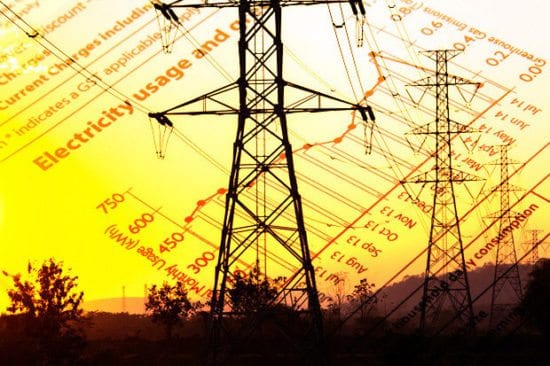Researchers have found government malware on the Dark Web that could be used against energy grids. Black Energy was used in the Ukrainian Power Grid attacks in December of 2015 and could pose a threat to energy grids around the world. Tim Erlin, Senior Director of IT Security and Risk Strategy at Tripwire and Dwayne Melancon, CTO of Tripwire commented below.
Tim Erlin, Senior Director of IT Security and Risk Strategy at Tripwire:
 “We’ve already seen that the industrial systems controlling the power grid can be vulnerable to cyber attacks. It’s no surprise that governments are investing in an expanding arsenal of tools to leverage these weaknesses. Protecting critical infrastructure from cyber attacks is increasingly an intrinsic part of national defense for any country.”
“We’ve already seen that the industrial systems controlling the power grid can be vulnerable to cyber attacks. It’s no surprise that governments are investing in an expanding arsenal of tools to leverage these weaknesses. Protecting critical infrastructure from cyber attacks is increasingly an intrinsic part of national defense for any country.”
“The energy industry, including electrical utilities, requires substantial investment to tilt the playing field towards defense. At the moment, the attackers have the advantage. When it comes to critical infrastructure, the relationship between government and private industry can be difficult. With our current level of investment, we may not be shooting ourselves in the foot, but the hand holding the gun isn’t always pointing at the right target.
While there are some cybersecurity standards in the electric utility industry, critical infrastructure in the broader sense suffers from a lack of enforceable best practices. It’s not as simple as applying corporate IT security processes and tools to critical infrastructure. There are unique requirements, unique devices, and unique threats to consider.
We cannot wait for a significant incident to change our behavior with regard to critical infrastructure cybersecurity. We’re not talking about financial loss and recovery here. We’re talking about safety and potential loss of life.”
Dwayne Melancon, CTO at Tripwire:
 “When it comes to critical systems – and particularly, critical infrastructure – it pays to make attackers’ lives more difficult. For example, implementing multi-factor authentication to prevent access using only a password is crucial. Additionally, organizations should segment their networks to limit the amount of sensitive information that can be accessed by a single account. In particular, accounts with “super powers” (such as creating new users, changing access permissions, or performing potentially harmful operations) should not only be tightly controlled, they should be aggressively monitored to look for unusual activity.”
“When it comes to critical systems – and particularly, critical infrastructure – it pays to make attackers’ lives more difficult. For example, implementing multi-factor authentication to prevent access using only a password is crucial. Additionally, organizations should segment their networks to limit the amount of sensitive information that can be accessed by a single account. In particular, accounts with “super powers” (such as creating new users, changing access permissions, or performing potentially harmful operations) should not only be tightly controlled, they should be aggressively monitored to look for unusual activity.”
The opinions expressed in this post belongs to the individual contributors and do not necessarily reflect the views of Information Security Buzz.



